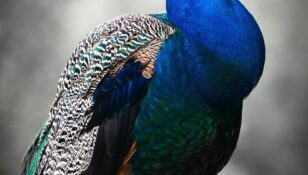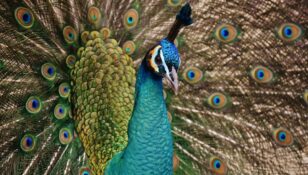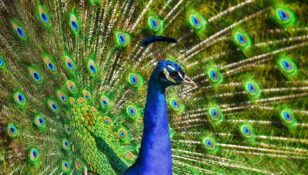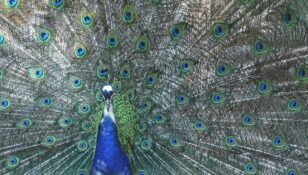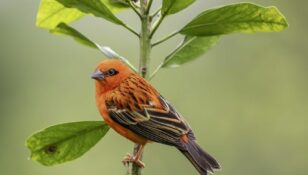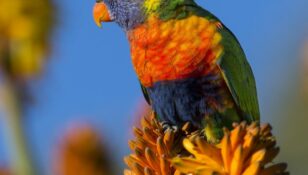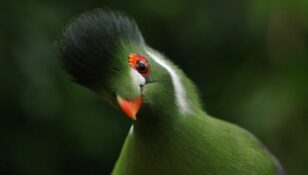Kiwi Birds: An In-depth Exploration into the Fascinating World of These Mysterious Creatures
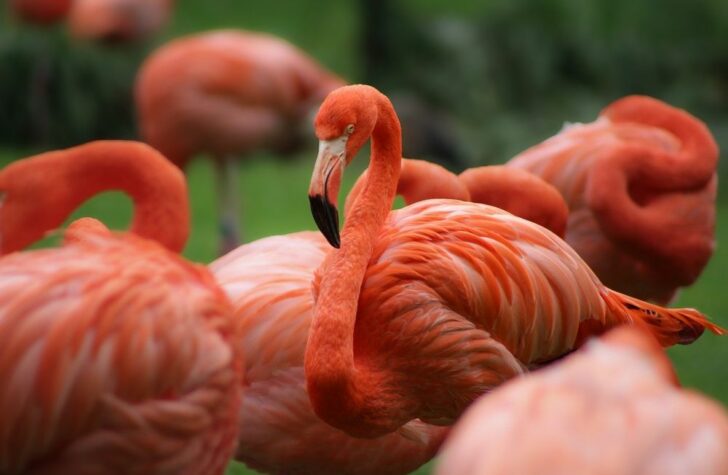
Introduction:
Kiwi birds, known for their uniqueness and charm, are among the most intriguing creatures in the avian world. Native to New Zealand, these flightless birds have captured the hearts of many animal enthusiasts worldwide. In this comprehensive article, we will delve deep into the world of kiwi birds, providing valuable insights for those interested in learning more about these fascinating creatures.
I. Understanding Kiwi Birds:
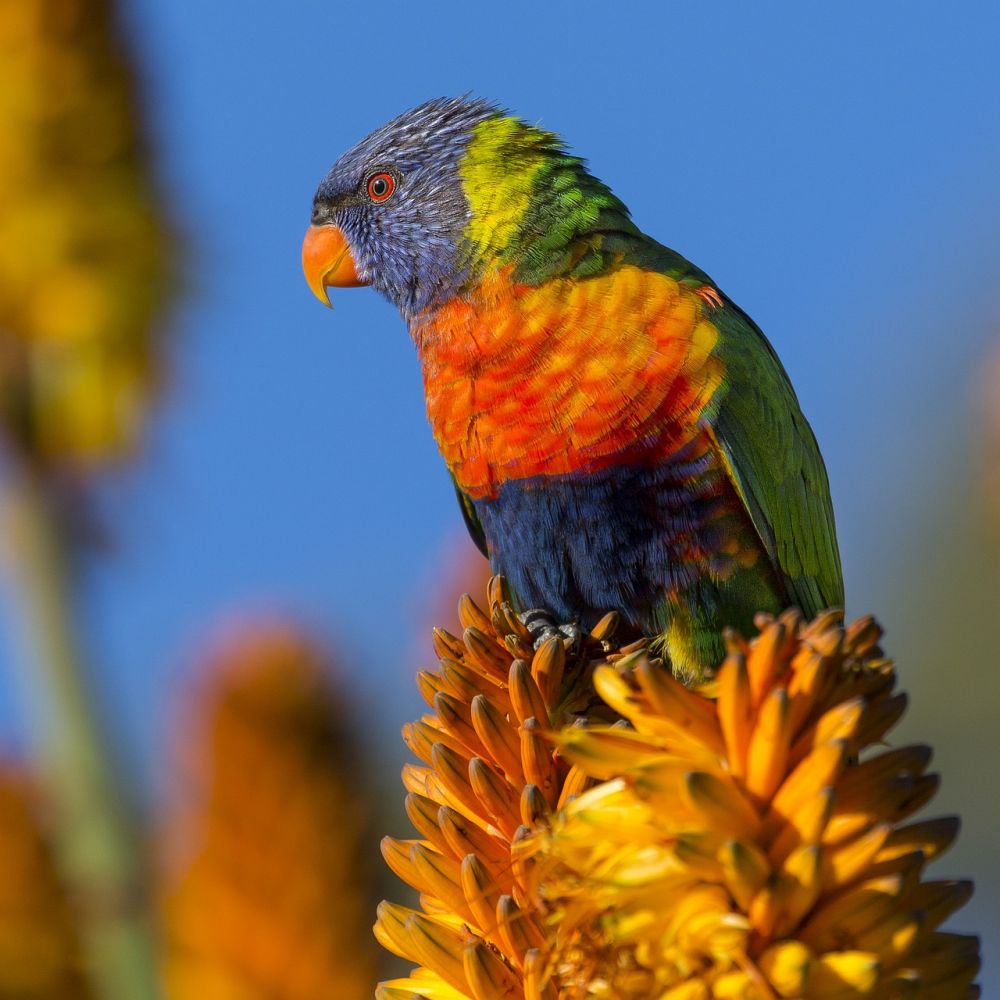
1. Physical Characteristics:
– Kiwi birds are small in size, with most species measuring around 16 to 18 inches tall and weighing between 2 to 7 pounds.
– They have distinct features such as a long beak, soft feathers, and short wings that are virtually non-functional.
– Kiwis possess a keen sense of smell, aided by their long bills which allow them to probe the ground in search of food.
2. Behavior and Habitat:
– Kiwi birds are predominantly nocturnal, meaning they are most active during nighttime.
– They inhabit a variety of habitats, including forests, grasslands, and subalpine regions. Each kiwi species has its preferred habitat based on its specific requirements.
3. Diet and Feeding Habits:
– Kiwi birds have a unique diet, primarily consisting of insects, worms, fruits, and seeds. They use their exceptional sense of smell to locate their prey.
– Interestingly, kiwis possess a gizzard that helps them grind and digest their food efficiently.
4. Reproduction and Lifespan:
– Kiwi birds exhibit monogamous behavior, forming long-term pair bonds. They mate for life and participate equally in egg incubation and chick rearing.
– The female kiwi lays a single large egg, which takes up to 70-80 days to hatch. The incubation occurs underground, usually in burrows or nests.
– Kiwis have an impressive lifespan, with some individuals reaching up to 50 years in captivity.
II. Historical Evolution of Kiwi Birds:
1. Origin and Evolutionary Timeline:
– Kiwi birds evolved from flighted ancestors that arrived in New Zealand millions of years ago. These ancestors gradually lost their ability to fly due to the absence of natural predators.
– Fossil records provide a glimpse into the evolutionary journey of kiwi birds, dating back to the Miocene period.
2. Cultural Significance:
– Kiwi birds hold immense cultural significance in New Zealand, representing national identity and heritage.
– The image of a kiwi bird is prominently displayed on the country’s currency, stamps, and various national symbols.
3. Conservation Efforts:
– Kiwi birds are classified as endangered species due to significant habitat loss and predation by introduced mammalian predators.
– Various organizations and conservationists have dedicated themselves to the protection and recovery of kiwi populations through conservation initiatives, predator control, and habitat restoration.
Conclusion:
Kiwi birds are extraordinary creatures that embody the unique charm and biodiversity of New Zealand. Despite their struggle for survival, these flightless birds continue to captivate the hearts of people worldwide with their fascinating behavior and cultural significance. By understanding their history, behavior, and conservation needs, we can contribute to safeguarding the future of these magnificent creatures for generations to come.
Sources:
– Department of Conservation. (2021). Kiwi recovery plan. Retrieved from https://www.doc.govt.nz/nature/native-animals/birds/birds-a-z/kiwi/kiwi-recovery-plan/
– LiveScience. (2021). Kiwi birds: Facts, behavior & habitat. Retrieved from https://www.livescience.com/22746-kiwi-birds.html






